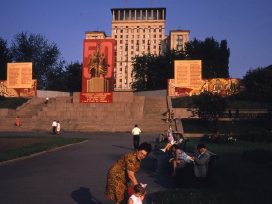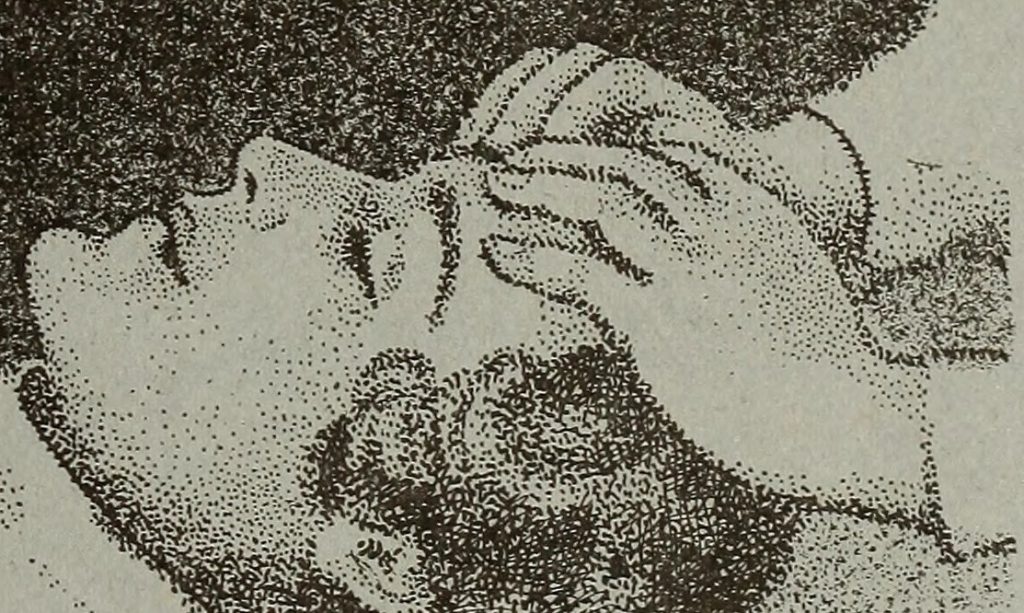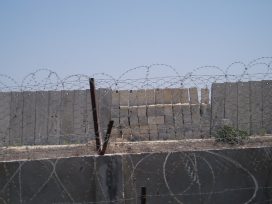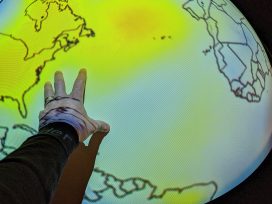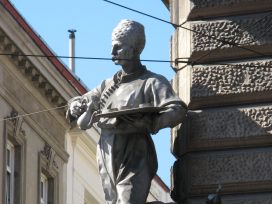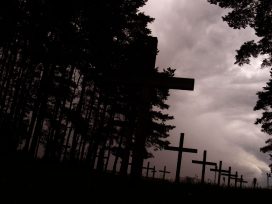Who cares? When I hear this common rebuttal, disguised as a question, I flinch. At some point, it became acceptable to defensively reject concern.
Those who care, without question, may do so for dependents: children, the sick, the elderly. But to care, without a bond or a sense of duty, for those with different views, backgrounds and status has become a rare commodity.
Olga Shparaga, writing on Belarus’ community of fate since the protests in 2020, reflects on the pivotal role care continues to hold in resistance. The heart symbol opposition politician Maria Kalesnikava famously made with her hands ‘signalled recognition for the contributions representatives of widely disparate social groups made to the protests’, writes Shparaga.
Whether imprisoned, as Kalesnikava, in exile or otherwise withstanding the Belarusian regime’s everyday dictates, collective identity – aside from nationalist debates – is being found through what Shparaga calls ‘horizontal solidarity’. She quotes curator Antonina Stebur and artist Aleksei Tolstov who recognize the need for an ‘infrastructure of care’: ‘In a situation where the life of every citizen is unstable and fragile, care becomes both a central political impulse and a programme’. Shparaga concurs: ‘An infrastructure of care unites society without erasing differences and politicizes without establishing a monopoly on power.’
This article’s publication coincides with the launch of a new Eurozine focal point The world in pieces. Produced in collaboration with the Institute for Human Sciences, Vienna, and inspired by a lecture that Clifford Geertz gave at the IWM, it builds on work already developed in Eurasia in global dialogue. Geertz predicted ‘a sense of dispersion, of particularity, of complexity and of uncenteredness’ after 1989 rather than unification. According to the American anthropologist, our task is ‘to penetrate the dazzle of the new heterogeneity’. This focal point will add its concerted efforts to analysing the paradox that confronts us: a world that is both more global and more divided than ever in human history.
Seeing care as a common strength, making it a core societal principle and counteracting individual despondency is a good place to start.
